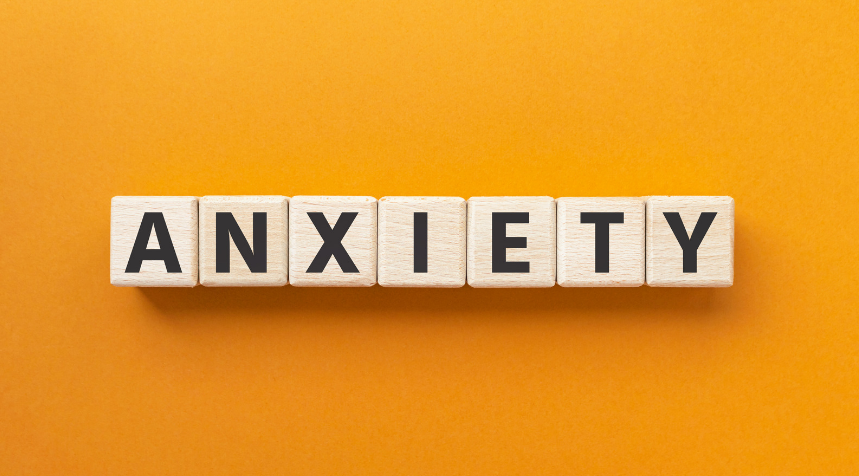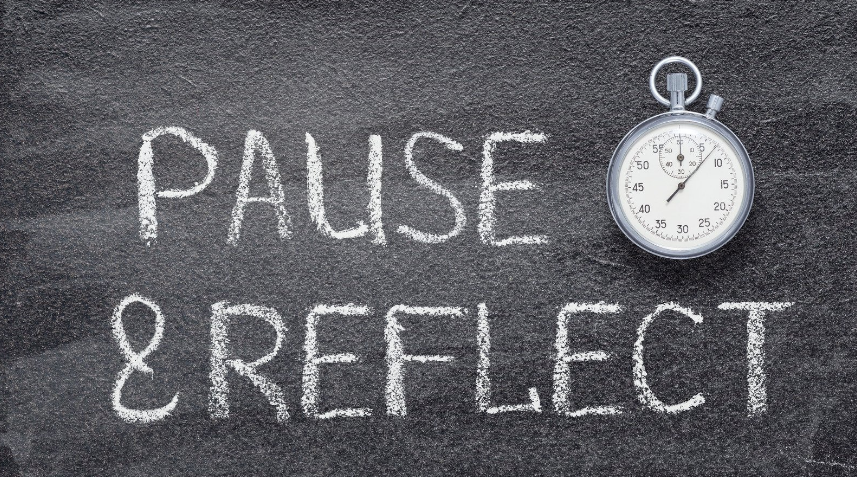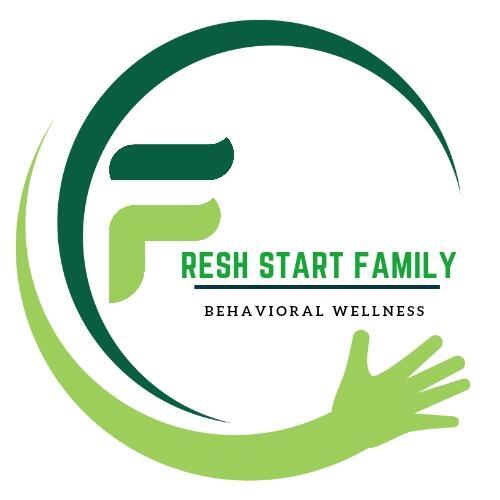Winston Churchill once said, “The mind is a wonderful servant, but a terrible master.” This quote underscores the profound impact mental health has on our daily lives. Just as we care for physical health, mental well-being requires attention and understanding.
Recognizing signs of mental health issues in ourselves and others is crucial. Early identification facilitates timely intervention, improving outcomes and minimizing long-term effects. Increasing awareness can reduce stigma and foster supportive environments for healing and growth.
In this article, we will explore key indicators of mental health challenges, offer strategies for addressing concerns meaningfully, and highlight the critical role of professional resources in fostering mental wellness. Together, we can create a society prioritizing mental health awareness and support.
What is Mental Health?
Mental health encompasses our emotional, psychological, and social well-being. It affects how we think, feel, and act, influencing how we handle stress, relate to others, and make choices. Mental health is essential at every stage of life, from childhood through adulthood, and is as crucial as physical health for our overall well-being.
Common Types of Mental Health Issues
Mental health issues can manifest in various forms, each with its unique challenges:
- Depression: Persistent feelings of sadness, hopelessness, and loss of interest.
- Anxiety: Excessive worry, fear, or nervousness that interferes with daily activities.
- Bipolar Disorder: Extreme mood swings, including episodes of mania (highs) and depression (lows).
- Schizophrenia: Distorted thinking, perceptions, and impaired ability to function.
Breaking the Stigma
Mental health issues are incredibly common, affecting millions globally. They are nothing to be ashamed of; seeking help is a sign of strength, not weakness. Understanding and accepting mental health challenges can lead to better support systems and healthier communities. Remember, you are not alone, and help is always available.
Why Recognize the Signs?

Early detection and intervention of mental health issues are crucial because they can prevent conditions from escalating and becoming more serious. Recognizing the signs early allows for timely support and treatment, which can significantly improve outcomes. It also helps in reducing the stigma associated with mental health by promoting awareness and understanding.
Long-Term Benefits of Seeking Help Early
Seeking help early for mental health concerns can lead to numerous long-term benefits, thereby enhancing overall well-being and quality of life.
- Improved Symptom Management: Early intervention can lead to better management of symptoms, preventing them from worsening over time.
- Preventative Care: Timely help can prevent the development of more severe mental health conditions and co-occurring disorders.
- Enhanced Recovery: Early treatment increases the likelihood of full recovery or significant improvement.
- Better Quality of Life: Individuals receiving early treatment often experience improved relationships, higher productivity, and greater life satisfaction.
- Financial Savings: Early intervention can reduce the cost associated with long-term treatment and lost productivity due to untreated mental health issues.
Common Signs of Mental Health Issues in Yourself

Recognizing the signs of mental health issues early can empower you to seek help and make positive changes. By being aware of these common indicators, you can take proactive steps to maintain your mental well-being.
- Changes in mood and intense mood swings: Experiencing drastic changes in mood, from high highs to low lows.
- Increased anxiety or worrying: Feeling excessive and persistent worry or fear about everyday situations.
- Withdrawal from social activities and isolation: Losing interest in activities you once enjoyed and avoiding social interactions.
- Changes in sleeping and eating patterns: Experiencing significant disruptions in sleep or appetite, such as insomnia or overeating.
- Difficulty concentrating and making decisions: Struggling to focus, remember details, or make everyday decisions.
- Unexplained physical symptoms: Experiencing aches, pains, or other physical symptoms without a clear medical cause.
If you experience these feelings means there is a concern, and it’s a sign of your strength and self-awareness. Recognizing these signs shows that you value your mental health and are willing to seek the support you deserve.
Common Signs of Mental Health Issues in a Friend

Recognizing mental health issues in a friend can help you provide the support they need during challenging times. Here are key signs to watch for, indicating that a friend is struggling and may benefit from professional help or compassionate support.
- Observing behavior changes such as withdrawal from activities or social circles: If your friend pulls back from activities they once loved or avoids social interactions, it could signal they are dealing with internal struggles.
- Noticing mood swings or increased irritability: Sudden shifts in mood or increased irritability and frustration can be important indicators of underlying mental health issues.
- Remarks about feeling worthless or hopeless: Verbal cues like feelings of worthlessness, helplessness, or hopelessness are strong signals that your friend is experiencing significant emotional pain.
- Problems at school or work: Declining performance, absenteeism, or difficulty concentrating at school or work can be manifestations of mental health challenges affecting their daily functioning.
- Substance abuse as a coping mechanism: An increased reliance on alcohol, drugs, or other substances may be an attempt to manage difficult emotions or escape from distressing thoughts.
Remember, spotting these warning signs can make a significant difference. Offering your support, encouraging professional help, and being a compassionate presence can help your friend navigate their mental health journey.
How to Approach the Situation

Approaching a friend about potential mental health issues requires sensitivity and care. By showing empathy, remaining non-judgmental, and offering support, you can create a safe space for them to share their feelings and seek the help they need. Tips for speaking to a friend about your concerns.
1. Use ‘i’ Statements to Avoid Sounding Accusatory
Using ‘I’ statements helps you express your concerns without making your friend feel attacked or blamed. For instance, say, “I’ve noticed you’ve been looking down lately, and I’m worried about you,” instead of, “You’re always so negative now.” This way, you can communicate your observations and feelings in a way that focuses on your perspective rather than criticizing theirs.
2. Be Empathetic and Non-judgmental
Approaching the conversation with empathy and an open mind ensures your friend feels safe and understood. Show compassion by actively listening to what they say and avoiding judgments or assumptions about their experiences. This helps to build trust and encourages them to share their thoughts and feelings more openly.
3. Encourage Professional Help Warmly
Suggesting professional help should be done with sensitivity and care. You can say, “I care about you, and I think talking to someone could really help. I’m here to support you if you decide to seek professional advice.” This reinforces that your suggestion comes from a place of concern for their well-being and offers assurance of your ongoing support.
How to Reflect on Your Mental Health

Reflecting on your mental health is crucial for maintaining well-being and being able to support others effectively. Regular self-assessment can help you recognize your needs and take appropriate actions to stay healthy. Here are some strategies for personal mental health reflection.
1. Self-reflection Exercises
Engaging in self-reflection exercises can enhance your self-awareness and help you identify areas needing attention. Activities like meditation, mindful breathing, and quiet time alone can expand your understanding of your emotional state and thought patterns. These practices can offer insights into your mental well-being and highlight the changes needed for a healthier mindset.
2. Journaling to Track Moods and Behaviors
Journaling is an effective tool for tracking your moods, thoughts, and behaviors over time. Consistently writing about your daily experiences allows you to notice patterns and triggers related to your mental health. This practice can serve as a valuable resource for identifying trends in your emotional states and making informed decisions for your well-being.
3. When to Seek Help for Yourself
Recognizing when to seek professional help is critical to mental health management. If you notice persistent feelings of sadness, anxiety, or other distressing emotions impacting your daily life and functioning, it’s essential to reach out to a mental health professional. Early intervention can provide the support and tools to navigate your challenges effectively.
How Can a Mental Health Professional Help?

Mental health professionals are your confidants in addressing all aspects of your emotional and psychological well-being. These experts are equipped to guide you through challenges, providing support, expertise, and personalized care. Their role is to help you navigate the complexities of mental health, ensuring you receive the understanding and treatment you need to thrive.
| Benefits of Consulting a Mental Health Professional | Description |
| Personalized Treatment Plans | Tailors treatment plans to your specific needs, recommending effective therapies, medications, or lifestyle changes. |
| Professional Diagnosis | Provides accurate assessments and diagnoses to better understand your condition and guide appropriate interventions. |
| Emotional Support | Offers a safe, non-judgmental environment for expressing feelings, fostering understanding and acceptance. |
| Skill Development | Teaches coping mechanisms, stress management techniques, and other valuable skills to improve daily mental health management. |
| Comprehensive Care | Ensures ongoing, coordinated care by working with other healthcare providers and adjusting treatment plans as needed. |
Taking the First Step Toward Better Mental Health
Recognizing the signs of mental health issues is a pivotal step toward ensuring timely and effective intervention. By staying aware and proactive, we can address concerns before they escalate, providing a necessary pathway toward healing and recovery. Taking immediate action could make all the difference if you’re worried about yourself or a friend.
Hope and support are always within reach. At Fresh Start Family Behavioral Wellness, we have dedicated years to serving the community with compassion and expertise. Our extensive experience in dealing with a multitude of mental health issues ensures that we are a trustworthy ally in your journey toward better mental health. We are committed to walking with you every step on your path to recovery and improvement. If you or someone you care about needs help, don’t hesitate to contact us at 910-436-6495. Let us be the support system you need today, and together, we can work toward a brighter, healthier future.

